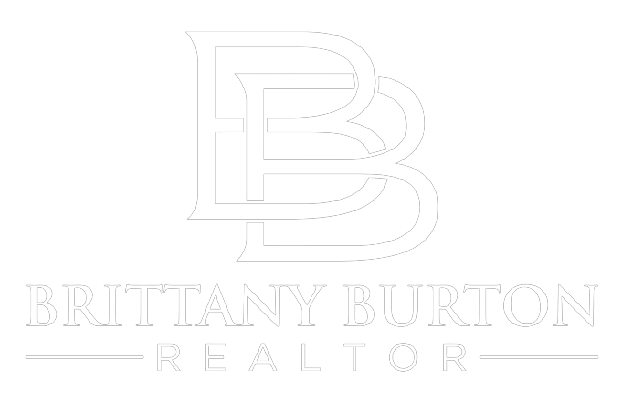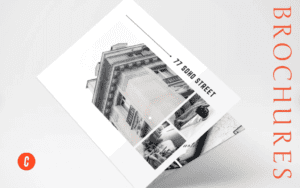reverse mortgage pros
A reverse mortgage can be a complicated financial product. On the other hand, they do have some potential benefits if you meet certain conditions.
- It doesn’t matter how you get the cash, as long as you’ve been living in the home as your primary residence, you’re generally not obligated to pay it back.
- Usually, you can choose how to receive the cash. There are options for a lump sum amount, a credit line, a standard monthly amount, or any combination of these.
- Loan income is not considered taxable income.
- There is no minimum income requirement to qualify as you are not required to make monthly repayments.
- Cash advances usually do not affect your Medicare or Social Security benefits.
- According to the Federal Trade Commission (FTC), if you receive a payment that exceeds the actual value of your home (for example, if your loan is in liquidation), you are free to owe more than the total value of the home. .
- You can retain the ownership of your home and continue to be its legal owner.
- Once your home is sold and all loan fees are paid in full, any remaining equity in your home goes directly to you or is passed down to your heirs.
- If you have an HECM, you can stay in an assisted living facility for up to one year before the loan becomes due. This gives you time to sell the house.
reverse mortgage cons
- You must be 62 years of age or older to qualify.
- You will have to make payments regarding the mortgage and undergo mandatory counseling.
- Over time, your loan grows as interest keeps adding to the loan balance.
- Closing costs and loan origination fees are often expensive. However, sometimes they can be financed by including them in the total cost of the loan.
- Reverse mortgages eat up the equity in your home, leaving both you and your heirs with less net worth.
- During the term of the mortgage, you may be charged a monthly service fee.
- There are restrictions on how much money you can borrow during the first year as well as how big a mortgage you can secure.
- Most reverse mortgages are actually loans with variable interest rates that are tied to a short-term index.
- If you fail to pay your homeowner’s insurance or property taxes appropriately, the loan may become due before you’re ready.
- You are not allowed to deduct any interest until the loan is paid in full.
As with any other financial instrument available to you, it is in your best interest to fully consider all the details before making a final decision. Weigh all the pros and cons carefully before availing a reverse mortgage for your home. Talking to a financial expert (note: not a bank salesperson) first will help protect your family and your assets.
Is a Reverse Mortgage Right for You?
According to an article in the Journal of Urban Economics, reverse mortgages defaulted at a much higher rate than normal mortgages. This is usually the result of the homeowners delinquent property taxes or home insurance. The high default rate is seen by many as a sign that reverse mortgages are being sold to people who are financially desperate. So if your bank calls you with some offer, don’t be in a hurry.
That being said, a reverse mortgage can work for you – if you do things right.
For example, if you plan to live in your current home until the day you die, a reverse mortgage is a great way to access the equity in your home while you’re alive. As a bonus, if you live longer than expected, you may even come out ahead in the deal. However, if you were hoping to leave something valuable to your heirs, a reverse mortgage will eat away at the value of your property.
when the loan is due
We mentioned above that you will not have to pay back the loan unless one of the following events occurs: the last borrower dies, the home is sold, or you no longer occupy it for a period of 12 months. live in (usually the result of moving to a retirement community or health care facility). At that point, you (or your heirs) have a few different options.
pay off the loan and keep the house
This is obviously only an option if you haven’t sold the house while living in it. But if you die, your family can choose to pay off the reverse mortgage in full and keep the home. Since most people won’t have a large pile of liquid cash available to fund such a purchase, they can apply for a conventional mortgage to pay off the reverse mortgage.
sell the house
If they have no intention of keeping the house to live in, your heirs can sell it outright. They will use this income to pay off the reverse mortgage. Whatever money is left after that will remain with him as part of his inheritance. Alternatively, you can usually let the lender sell the home yourself. You will still get the remaining equity after the reverse mortgage loan is settled. However, if you sold the home yourself it will likely be slightly less, as you will be charged by the lender to do the work.
Bottom-line
“Reverse mortgage” is just a fancy marketing name for a home equity conversion mortgage. The product doesn’t provide free money or anything. You are simply borrowing against the equity in your home. It is a debt that will eventually have to be repaid by you or your heirs. No one can escape that ultimate truth.
However, if your retirement savings are dwindling but you still need a place to live, a reverse mortgage may be right for you. This is a slightly complicated product, so make sure you consult a financial expert before signing any papers. You should also make sure that your will is updated to reflect the reverse mortgage. It’s also a good idea to inform your children or heirs about your decision. They may believe they have inherited a valuable piece of real estate, but later discover that it is heavily indebted. This is not a funny discovery in the midst of grief.
As with any major financial decision, the key is to “do your homework.” Research all of your options and then decide whether a reverse mortgage best suits your retirement life needs and desires. Consider the tax implications and how this may affect the estate you will leave for your family.




